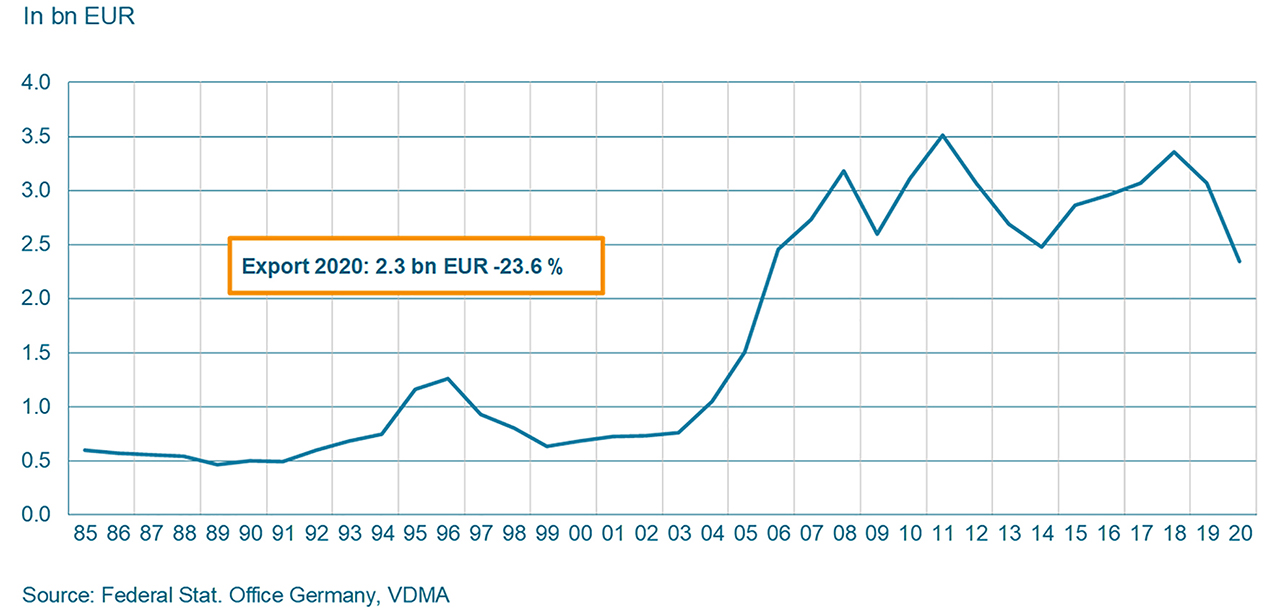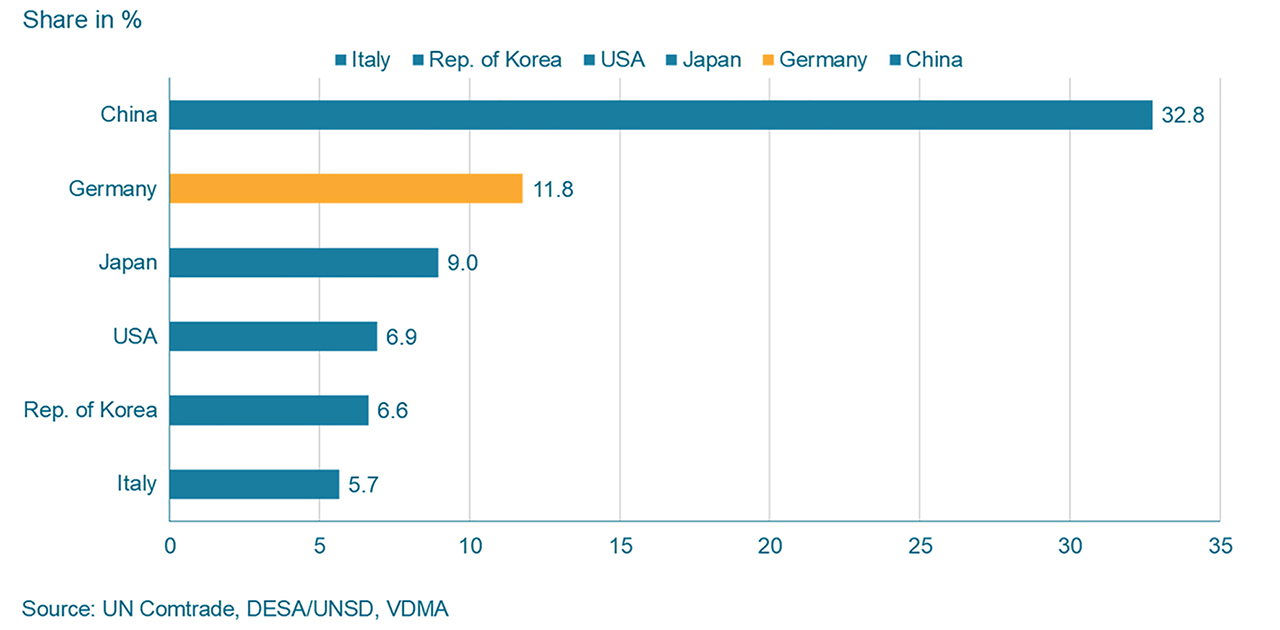Germany’s total FDI in India from April 2000 until June 2020 amounted to approximately USD 12 billion and the automotive sector has been one of the biggest beneficiaries
Germany is India’s largest trading partner in Europe. India was one of the first countries to grant diplomatic recognition to the Federal Republic of Germany; this March, the two countries celebrated 70 years of diplomatic relations. Germany and India have a strategic partnership; both have been holding cabinet-level bilateral consultations since 2011. In September 2020, the German government laid out its Indo-Pacific guidelines, illustrating its interest and commitment to a region where India is a key protagonist.

Germany is the 7th largest foreign direct investor in India. Germany’s total FDI in India from April 2000 until June 2020 amounted to approximately USD 12 billion. There are more than 1,700 German companies active in India and over 600 Indo-German joint bentures in operation. German investments in India are mainly in the sectors of transportation, electrical equipment, metallurgical industries, services sector (particularly insurance), chemicals, construction activity, trading and automobiles.
The rapid spread of the corona virus pandemic the world over during 2020 led to a health crisis which resulted in an unprecedented crash in global economic activity, the repercussions of which would be felt over the next few years. Within this scenario, Indian and German enterprises have the opportunity to capitalise on each other’s strengths and seek new opportunities in commercial engagement with each other. For Indian businesses, Germany has been a source of high-quality, reliable machinery and equipment as well as aircraft and automotive components.
Bilateral trade between the two countries in 2019 was valued at more than Euro 21.3 billion. In 2020, Indian imports from Germany amounted to Euro 10.7 billion, out of which machinery imports comprised 21.5% and stood at Euro 2.3 billion. Globally, India ranks 19th in the list of top 50 destinations of German mechanical engineering exports. In 2020, the total import of machinery from Germany reached a volume of Euro 2.3 billion. This was a drop by 23.6% compared with the same period of time in the previous year, owing to the pandemic.

India exported machinery to Germany to the tune of Euro 688.2 million in 2020, which was a drop of 9.2% as compared to the previous year. Among the machinery sectors, major demand of German equipment was for power transmission (12.7%), valves and fittings (5.8%), machine tools (5.7%), air handling technology (4.9%), and construction equipment and building material machinery (4.8%). There are other sectors like plastics and rubber machinery, fluid power equipment, textile machinery, and food processing and packaging, which are growing steadily in India.
Out of the total export of German mechanical engineering to Asia of Euro 37.7 billion, India is the fourth-largest sales market in Asia for the German engineering industry, with a share of 6.2%, after China (48.1%), Korea (7.6%) and Japan (6.8%). In 2020, India imported machinery of the value Euro 19.6 billion globally. Germany is the second most important supplier to India globally with a share of around 11.8%. Maharashtra, with around 44% share of German investments, remains the most attractive destination for German investments in India. In the last 4-5 years, Pune has become the hotbed for new German investments. Karnataka and Tamil Nadu are other important destinations.